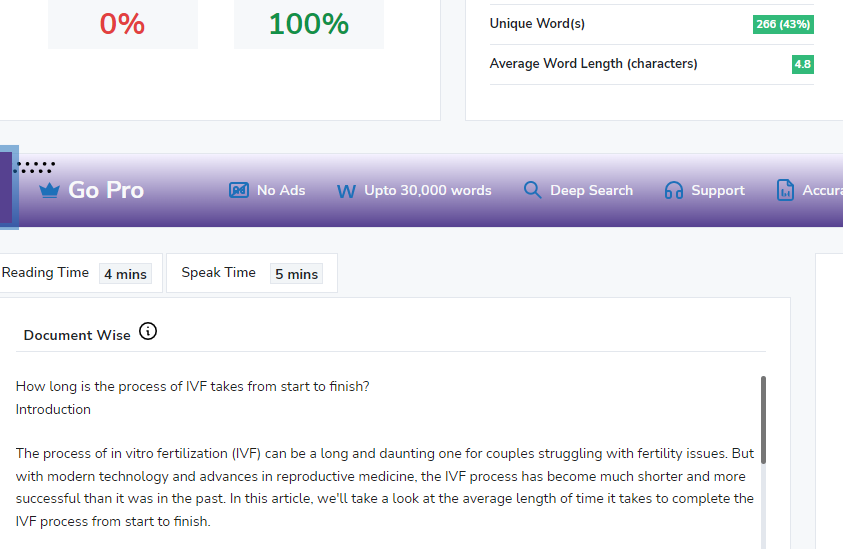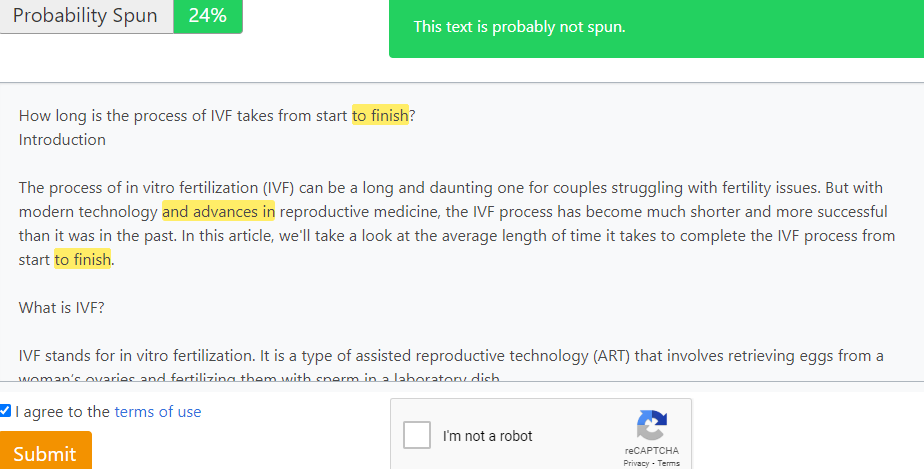
The process of in vitro fertilization (IVF) can be a long and daunting one for couples struggling with fertility issues. But with modern technology and advances in reproductive medicine, the IVF process has become much shorter and more successful than it was in the past. In this article, we’ll take a look at the average length of time it takes to complete the IVF process from start to finish.
IVF stands for in vitro fertilization. It is a type of assisted reproductive technology (ART) that involves retrieving eggs from a woman’s ovaries and fertilizing them with sperm in a laboratory dish.
IVF can be an option for couples who have been trying to conceive without success for some time. It may also be an option for women with damaged Fallopian tubes or men with low sperm counts.
The IVF process usually takes place over the course of several weeks and involves multiple steps.
This is done using medication that contains hormones, such as follicle-stimulating hormone (FSH) or human chorionic gonadotropin (hCG). The medication is usually given through injections.
Once the eggs have reached a certain size, they are ready to be retrieved. A needle is inserted into the vagina, and the eggs.
The process of IVF can be a long and difficult one, but it is often worth it for couples who are struggling to conceive. The first step is to consult with a fertility specialist to see if IVF is right for you. If it is, the next step is to begin the process of stimulations and retrievals. This can take several weeks, during which time you will be closely monitored by your doctor. Once the eggs have been retrieved, they will be fertilized in a lab and then transferred back into your uterus. The entire process can take several months, but the results are often worth it for couples who have been struggling to conceive.
The success rates of IVF can vary depending on a number of factors, including the age of the patient, the cause of infertility, and the number of embryos transferred. In general, however, the success rate of IVF is about 20-35%.
The process can be long and complicated, and there are several risks and potential complications associated with it. Couples should discuss all of the risks and potential complications with their doctor before proceeding with IVF. Some of the risks and potential complications associated with IVF include:
This concludes our article on the timeline of IVF from start to finish. We hope that this has given you a better understanding of how long the entire process takes and what you can expect at each stage. If you have any further questions, please don’t hesitate to reach out to us or your fertility specialist.

